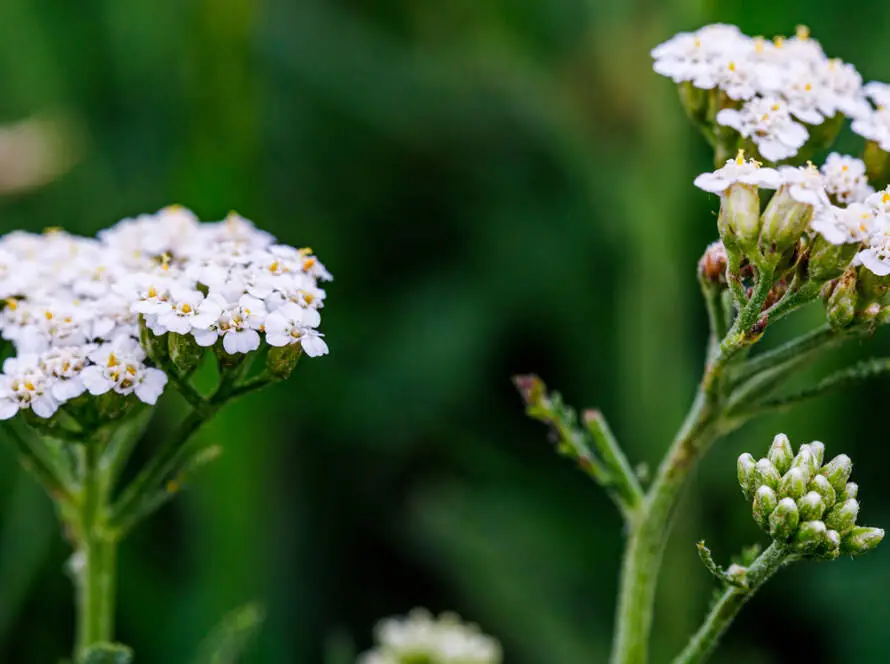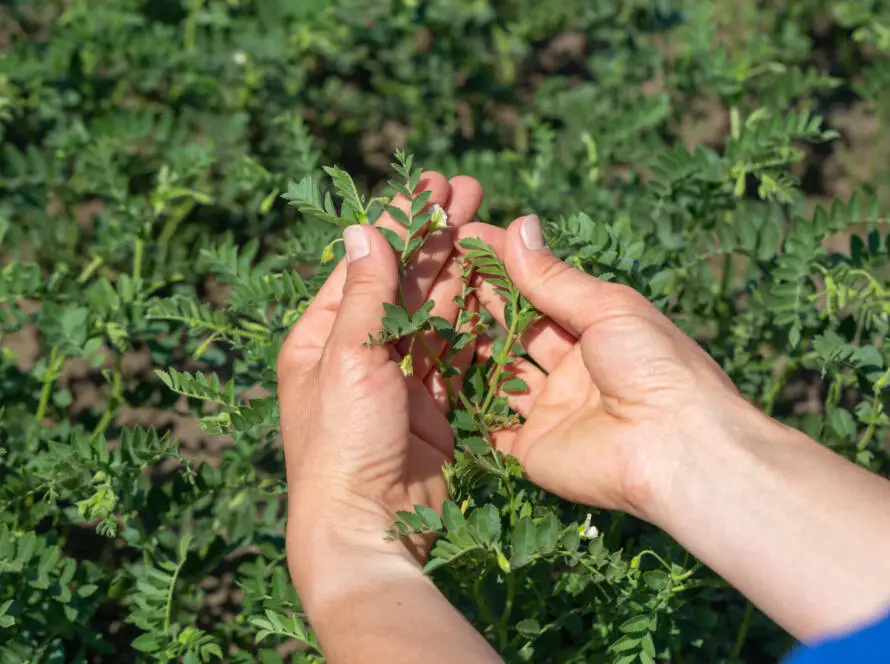Cascara Sagrada: An In-Depth Overview
Cascara Sagrada is a natural laxative derived from the bark of the Rhamnus purshiana tree, which predominantly grows in the Pacific Northwest of the United States. Its name translates to “sacred bark,” reflecting its historical importance in Native American cultures. Various tribes used it for medicinal purposes long before it was introduced to Spanish explorers, who noted its therapeutic benefits.
Common Names
- Cascara Sagrada
- Cascara Buckthorn
- Cascara
- Bearberry
Scientific Classification
- Latin Name: Rhamnus purshiana
Uses of Cascara Sagrada
Cascara Sagrada is primarily known for its effectiveness in treating occasional constipation. Here are some of its key applications:
- Relieving Occasional Constipation: Cascara Sagrada acts as a stimulant laxative, helping to induce bowel movements. It is particularly useful for people experiencing irregularity or discomfort due to infrequent bowel activity.
Preparation and Usage
Proper preparation of Cascara Sagrada is crucial for its safety and efficacy. The bark should be cured for at least one year to allow it to develop its medicinal properties safely. Curing helps reduce the risk of gastrointestinal irritation that may occur with freshly harvested bark. Two methods of preparation include:
-
Aging: Allowing the bark to age naturally enhances its laxative qualities and minimizes potential side effects.
-
Heat-Accelerated Curing: This method involves applying heat to freshly harvested bark to simulate aging, making it available for use more quickly.
Improperly prepared or fresh bark can irritate the gastrointestinal tract, causing symptoms such as nausea, vomiting, and an upset stomach. Therefore, ensuring the bark is adequately prepared is essential for safe use.
Scientific Consensus
The medical community generally considers Cascara Sagrada safe and effective when used appropriately. However, it is essential to exercise caution, as it may interact with certain medications. Healthcare professionals advise individuals to consult with their doctor before beginning treatment, particularly for those taking other drugs or suffering from chronic health conditions.
Side Effects and Cautions
Like any laxative, individual responses to Cascara Sagrada can vary. Here are some important considerations:
-
Starting Dose: It is advisable to begin with the lowest effective dose to gauge your body’s response. This approach can help minimize any potential discomfort.
-
Long-Term Use: Prolonged use of Cascara Sagrada, like other stimulant laxatives, may lead to dependence, making it harder for the bowels to function without stimulation. It is recommended as a short-term solution for occasional constipation rather than a long-term remedy.
-
Pregnancy and Breastfeeding: Pregnant and breastfeeding women should consult with healthcare providers before using Cascara Sagrada, as the effects on pregnancy and lactation are not well-studied.
-
Underlying Conditions: Those with certain medical conditions, such as inflammatory bowel disease (IBD), gastrointestinal obstructions, or severe dehydration, should avoid using Cascara Sagrada without medical supervision.
Conclusion
Cascara Sagrada offers a natural solution for occasional constipation, with a rich historical background and a generally safe profile when used correctly. However, proper preparation and caution are crucial for safe consumption. As with any herbal remedy, it is essential to consult a healthcare professional before starting treatment to ensure it is appropriate for your individual circumstances. If you’re interested in natural alternatives for digestive health, Cascara Sagrada is worth exploring as part of a comprehensive wellness approach.
Resources
- Drugs.com
- Wikipedia.com
This summary highlights the key aspects of Cascara Sagrada, including its traditional uses, potential benefits, and safety considerations.
Disclaimer
The information I’ve shared about herbs is for educational purposes only and is not meant as medical advice. While many herbs have been traditionally used for their potential health benefits, individual responses may vary, and the effectiveness of herbs can depend on various factors, including personal health conditions and interactions with medications. It is essential to consult with a qualified healthcare professional or a licensed herbalist before using herbs for medicinal purposes or making significant changes to your health regimen. This information should not be considered a substitute for professional medical advice, diagnosis, or treatment.



2 Comments
Andre
Great article on Cascara Sagrada! It provides a thorough historical and practical overview. I was particularly interested in the section on proper preparation and curing of the bark to avoid gastrointestinal irritation. This is crucial, as improper use can definitely lead to side effects.
I’m also researching its modern pharmaceutical applications and came across a detailed monograph on its uses, side effects, and interactions on Pillintrip. It’s a useful resource for cross-referencing information, especially regarding dosage and medical precautions. Here’s the link: https://pillintrip.com/medicine/cascara-sagrada
My question is: Given the importance of proper curing mentioned in your article, how can a consumer be sure that the commercially available Cascara Sagrada supplements they purchase have undergone the correct aging process? Are there specific certifications or indicators on the packaging to look for?
Thanks for the informative read!
Vickie
Andre –thank you for your thoughtful response! I’m glad you found the article on Cascara Sagrada so informative, especially the section on proper preparation and curing. It’s vital to understand how crucial these processes are to prevent gastrointestinal irritation.
Regarding your question about ensuring that commercially available Cascara Sagrada supplements have undergone the correct aging process, consumers should look for a few key indicators:
Thank you again for your insights, and I appreciate you sharing the link to the Pillintrip monograph!